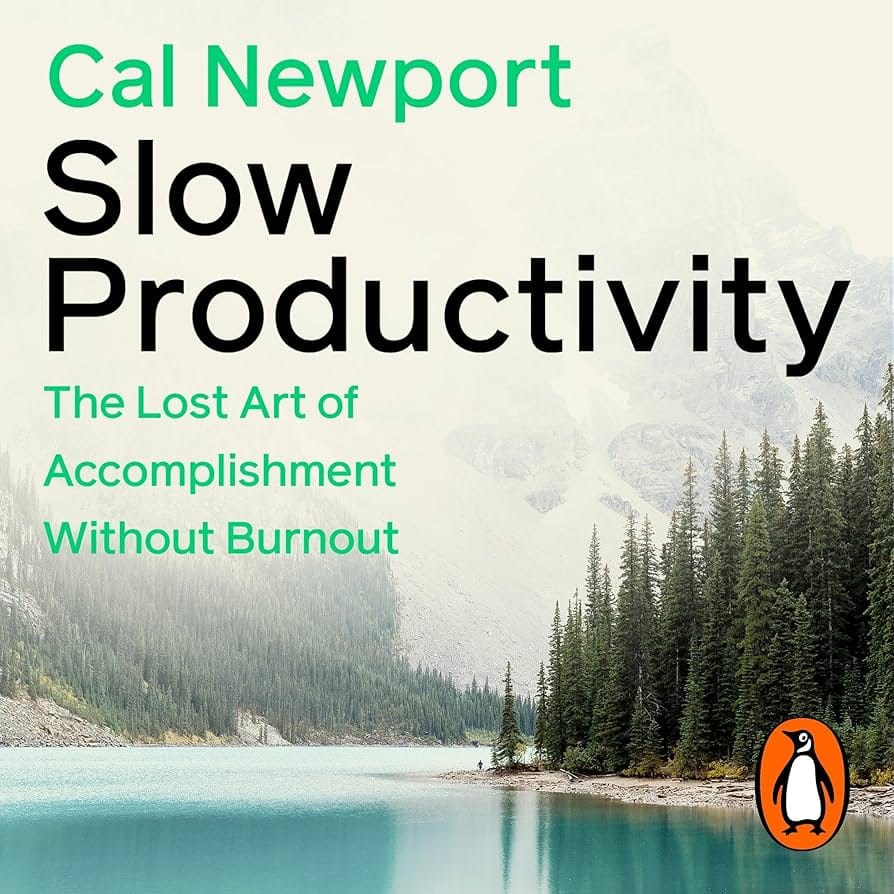When Human Authority Contradicts God's Justice: Romans 13 and the Litmus Test of Acts 5

Conservative Christians have quite the relationship with Romans 13. When Republicans are in power, they'll quote "be subject to governing authorities" with three flag emojis and a sense of divine vindication. But the moment Democrats win an election? Suddenly that Bible verse gets real quiet, replaced by talk of resistance, rebellion, and righteous anger.
This selective application of Scripture reveals not only political hypocrisy but also a fundamental misunderstanding of what faithful submission to authority actually looks like in the biblical narrative.
The Problem with Romans 13 in Isolation
You simply cannot quote Romans 13 without putting it in conversation with Acts 5. While Paul instructs the Roman church to be subject to governing authorities, Peter and the apostles give us a masterclass in when that submission has limits.
Here's the scene: Peter and the apostles are hauled before the religious authorities for preaching about Jesus. The Sanhedrin—the legitimate governing body of their religious community—orders them to stop. These aren't rogue rebels looking for trouble; they're facing the established legal system of their day.
And Peter's response? "We must obey God rather than human beings."
This isn't an isolated incident of biblical civil disobedience. It's part of a recurring theme that runs throughout the entire scriptural narrative like a golden thread of faithful resistance.
A Biblical Pattern of Holy Defiance
Consider the Hebrew midwives Shiphrah and Puah in Exodus 1, who literally lied to Pharaoh to save Hebrew babies. Daniel refused to stop praying despite royal decree. Shadrach, Meshach, and Abednego said "nope" to Trump's, ahem, I mean Nebuchadnezzar's golden statue.
The pattern continues into the New Testament. The disciples all ended up executed by the state. Jesus himself was killed by the empire for being a political threat. Even Paul, who wrote Romans 13, would eventually be beheaded by the very Roman authorities he instructed Christians to respect.
This isn't a contradiction—it's a tension that reveals the complexity of faithful living under imperfect systems.
Why Some Christians Get It and Others Don't
The Black church and Global South Christians understand this tension instinctively. When you've lived under governments that enforce white supremacy, patriarchy, or Christian nationalism, Romans 13 doesn't slide off your tongue so easily. You understand that sometimes—oftentimes—the government is the one doing evil.
This lived experience creates a theological sophistication that many white American Christians lack. When the government has historically been your ally in maintaining power structures that benefit you, it's easy to conflate faithfulness with compliance. But when the government has been the source of your oppression, you develop a more nuanced understanding of when submission becomes complicity.
The Acts 5 Litmus Test
Acts 5 provides us with the litmus test for Christian engagement with authority: When human authority contradicts God's justice, we choose God. Every single time.
This should make Christians the most organized resistance movement on the planet. If you happen to be a Christian working for ICE, for police departments that brutalize communities, for military systems that destroy lives, your faith should empower you to be a fly in the ointment, a spoke in the gears of oppression.
Martin Luther King Jr. articulated this principle perfectly: "We should never forget that everything Adolf Hitler did in Germany was legal, and everything the Hungarian Freedom Fighters did in Hungary was illegal. It was illegal to aid and comfort a Jew in Hitler's Germany."
When we witness family separations at the border or the killing of unarmed Black Americans, King's words remind us that legality and morality are not synonymous. Systems of oppression always cloak themselves in the language of law and order.
Legal doesn't equal moral. It never has, and it never will.
Turning the World Upside Down
The early church didn't turn the world upside down by blessing the status quo. They embodied a different kind of kingdom—one where the last are first, where the powerful are brought low, and where God's justice takes precedence over human convenience.
Acts 5 reminds us that our ultimate allegiance isn't to any earthly power structure. Our allegiance is to the God who stands with the oppressed, who hears the cry of the marginalized, and who calls us to be agents of divine justice in a broken world.
Beyond Partisan Loyalty
Now, this doesn't mean Christians should pledge blind loyalty to any political party. We're called to a higher allegiance that transcends red and blue. But let's also not pretend that "both sides are the same"—that's intellectual laziness masquerading as spiritual sophistication.
Despite their many flaws (and Democrats have plenty), Democratic policies are more likely to align with lifting up human dignity: expanding healthcare access, addressing economic inequality, protecting voting rights, and welcoming immigrants. We can be loud about that without making the Democratic Party our savior.
But here's where I have to admit that Republicans could absolutely use this same biblical framework to justify their own resistance. They might argue they have a divine mandate to oppose policies that allow gay marriage or abortion access, claiming that such laws violate God's authority and therefore don't deserve Christian submission. Some might even argue that Romans 13 only applies to "legitimate" government—and that Democratic policies are somehow illegitimate.
And honestly? That's exactly my point. The fact that conservatives inherently understand that government needs opposition is precisely why they shouldn't clutch their pearls when progressive Christians protest ICE raids or military actions.
The hypocrisy isn't in having convictions about when to resist—it's in the selective application of when resistance is "biblical" and when it's "radical leftist activism." If you believe government overreach justifies Christian opposition, then you can't be mad when other Christians apply that same principle to different issues. The principle of faithful resistance doesn't belong to any political party—it belongs to the gospel.
This creates a challenge for contemporary Christianity. It means that sometimes the most faithful thing you can do is say no to the powers that be and yes to the God of justice. It means that patriotism and faithfulness aren't synonymous. It means that the flag and the cross don't always point in the same direction.
So the next time someone quotes Romans 13 at you, ask them about Acts 5. Ask them about Shiphrah and Puah. Ask them why Peter chose jail over silence. Ask them to wrestle with the tension between submission and resistance that runs throughout Scripture.
Because in the end, the question isn't whether we should respect authority—it's which authority deserves our ultimate allegiance. And for Christians, that answer should be clear: We must obey God rather than human beings, even when the cost is high.





Discussion